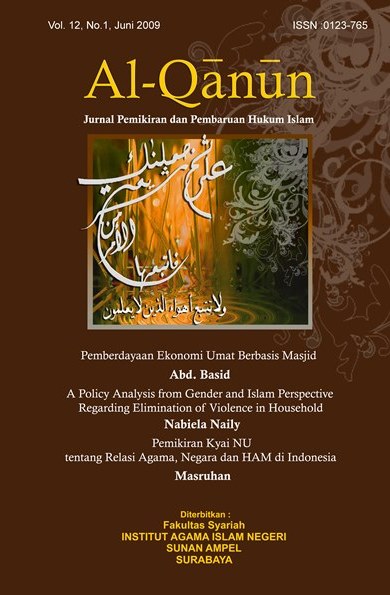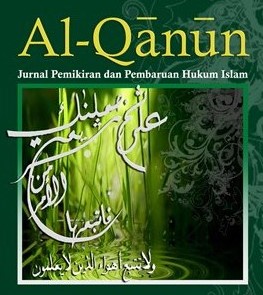Pemikiran Kyai NU tentang Relasi Agama dan Negara
DOI:
https://doi.org/10.15642/alqanun.2009.12.1.78-105Keywords:
Kyai NU, Fikih Shafi’iy, Sunni, waly al-amr al-darury bi al-‎shaukahAbstract
From time to time, the kyai (indonesian traditional muslim leaders) which are the main actors of Nahdlatul Ulama have played important roles in the making of fundamental policies in the relationship between religion and the state. Occassionaly, their policies are considered opportunistic. Such labels are drawn from their political manourvres during the period of Soekarno’s Guided Democracy and Soeharto’s New Order. For example, it was NU that initiate the status of waly al-amr al-darury bi al-shaukah (the real power holder) to Soekarno during his Guided Democracy. On the other occasion, Nahdlatul Ulama worked closely with other Islamic parties to fight for Islam as national ideology in constitution committee during the period of parliamentary democracy.
Indeed, the kyai always look up all decisions on the ground of Islamic jurisprudence, including political ones. One particular principle in Shafi’iy school of law is a legal maxim saying that the state is an institution whose task is to generate welfare for community, in the world and hereafter. As a consequence, one must not act against the government. Rebel and treason is prohibited. Moreover, status qou is better than chaos and anarchy in the absence of authority. In this way, the relationship between religion and state is a mutual one.





